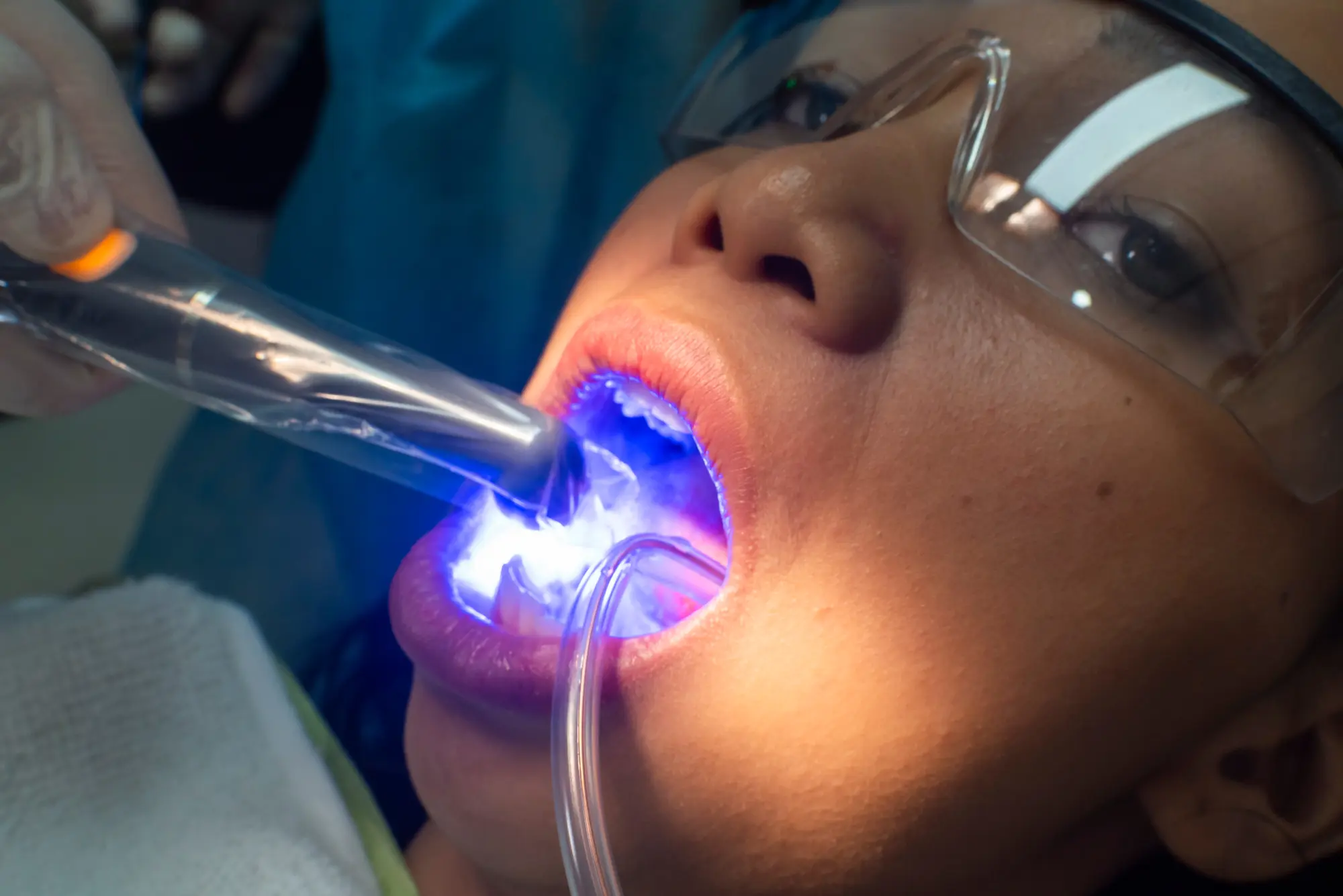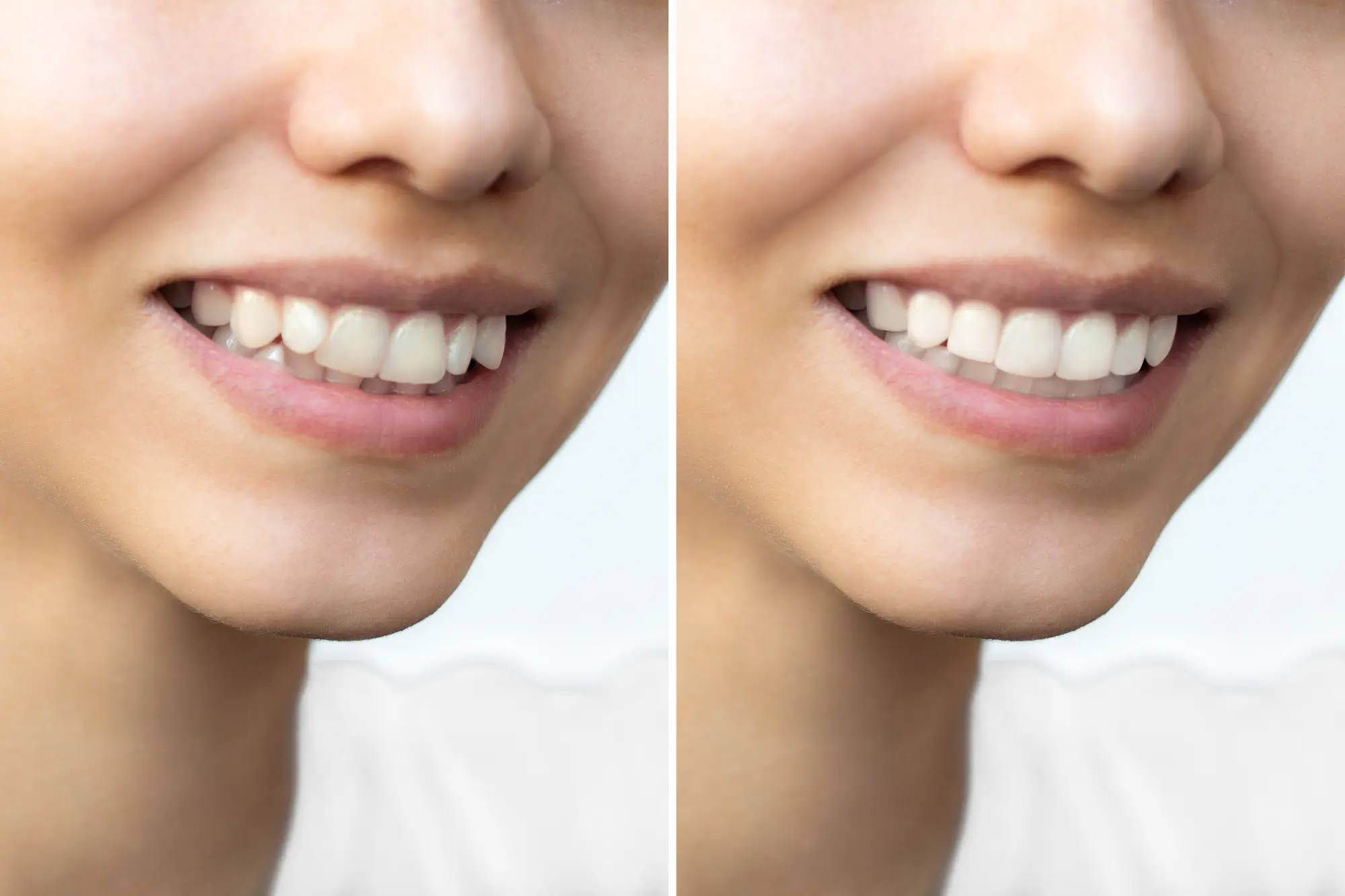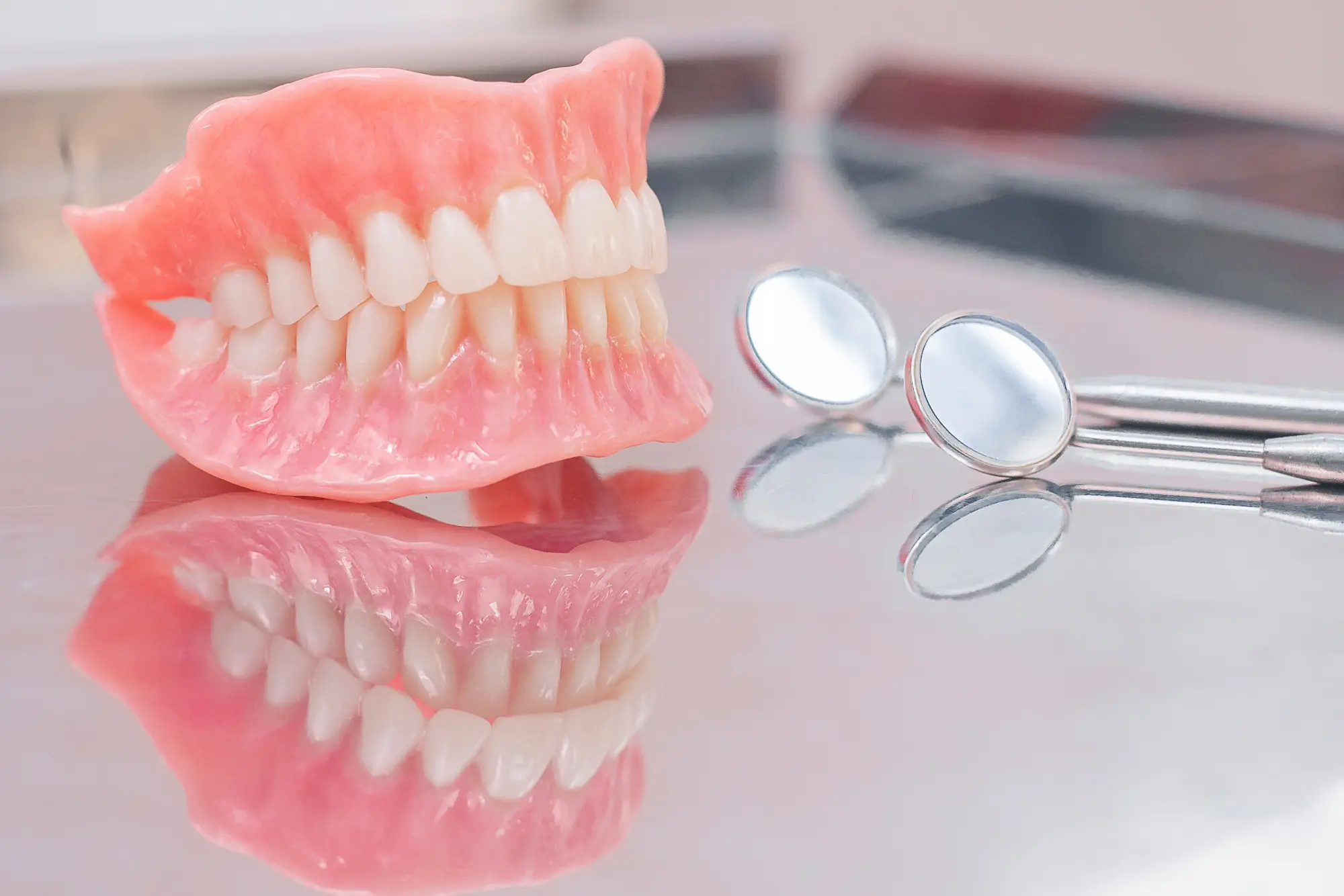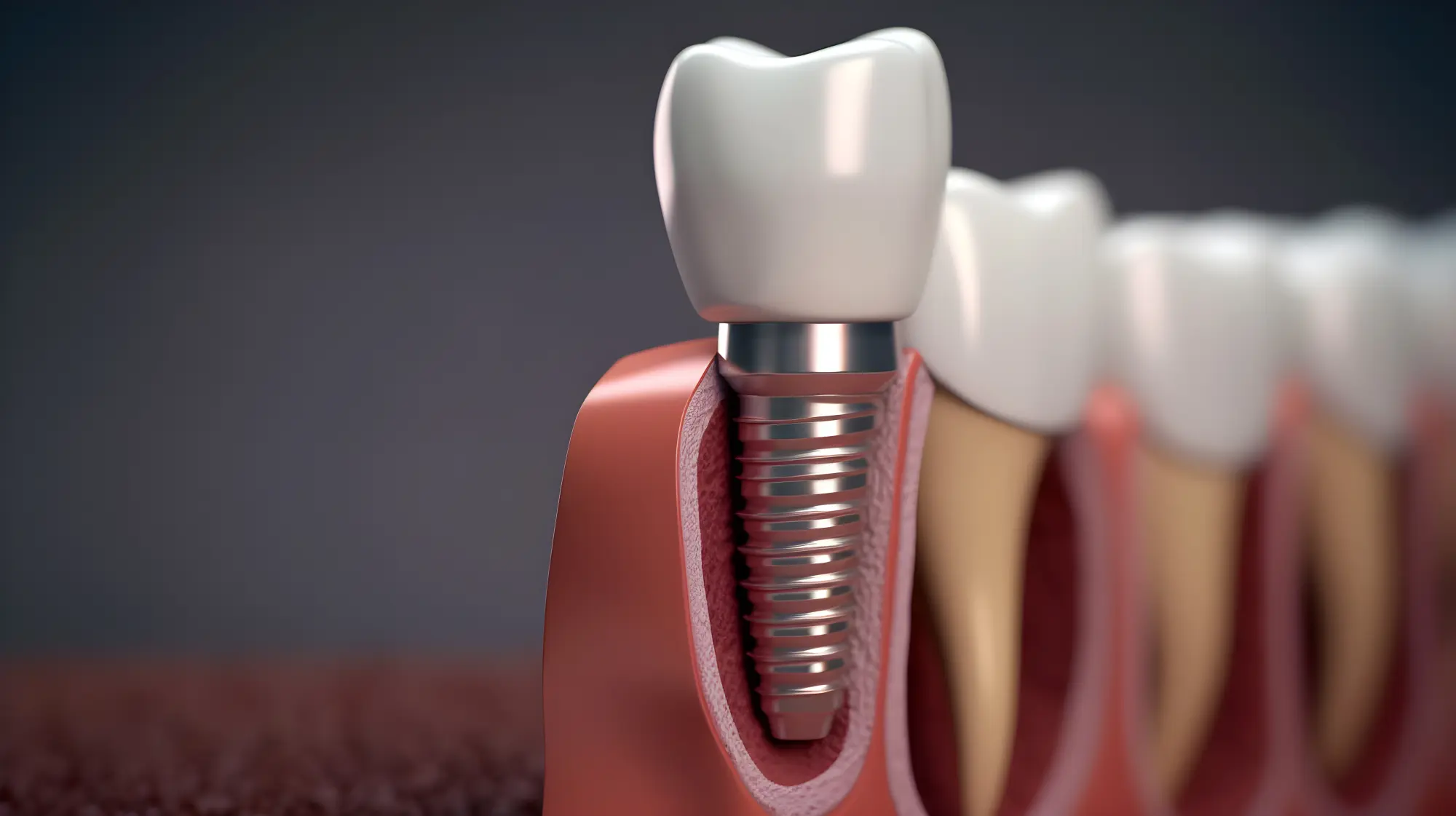What Does a Crown Do for a Tooth?
October 8, 2025

When it comes to dental health, understanding the role of a crown can be pivotal in making informed decisions about your oral care. A dental crown is more than just a cap placed over a tooth. It’s a comprehensive solution designed to restore the tooth’s shape, size, strength, and appearance.
Whether you’re dealing with a weakened tooth, a significant cavity, or a cosmetic imperfection, crowns offer a versatile remedy. In this blog, we'll delve into the various functions of dental crowns, how they can enhance your oral health, and why they might be the perfect choice for your dental needs.
Understanding the Basics of Dental Crowns
Dental crowns are a common restorative procedure that serves multiple purposes in oral healthcare. At their core, crowns are designed to cover or "cap" a damaged tooth, providing essential protection and support. Here's what crowns can do:
- Restore a broken or worn-down tooth
- Protect a weak tooth from breaking or hold together parts of a cracked tooth
- Cover and support a tooth with deep cavities or a large, worn-out filling
- Cover misshapen or severely discolored teeth
- Restore a missing tooth along with a dental implant
By understanding these fundamental roles, patients can appreciate how crowns contribute to both the functionality and aesthetics of their smile.
The Benefits of Crowns for Your Oral Health
Crowns offer numerous benefits that extend beyond mere cosmetic enhancements. They play a crucial role in maintaining the integrity of your oral health. Here are some key advantages:
- Durability: Crowns are crafted from strong materials like porcelain, ceramic, or metal, ensuring long-lasting protection.
- Functionality: They restore your ability to chew and speak properly, enhancing your overall quality of life.
- Prevention: By capping a damaged tooth, crowns prevent further decay and potential tooth loss.
- Comfort: Custom-made to fit your mouth, crowns provide a comfortable and natural feel.
These benefits highlight why crowns are a preferred choice for many dental professionals aiming to preserve their patients' oral health.
How Crowns Are Applied
The process of getting a dental crown typically involves two visits to the dentist. During the first visit, your dentist will examine and prepare the tooth by removing any damaged or decayed tooth material, then taking digital impressions to ensure a perfect fit.
A temporary crown is placed to protect the tooth until the permanent crown is ready, which usually takes 2-3 weeks. On your second visit, the temporary crown is removed, and the permanent crown is cemented into place. This process doesn’t just restore the tooth's function but also significantly improves its appearance, ensuring that it blends in seamlessly with your natural teeth.
Choosing the Right Type of Crown
When it comes to selecting a dental crown, several factors must be considered, including the location of the tooth, the position of the gum tissue, and your personal preferences. Common types of crowns include:
- Porcelain or Ceramic Crowns: Ideal for front teeth due to their natural appearance.
- Metal Crowns: Known for their durability, making them suitable for molars.
- Porcelain-Fused-to-Metal Crowns: Offer a balance between aesthetics and strength.
- All-Resin Crowns: These are typically only used for temporary restorations since they lack the strength of other types of crowns.
Your dentist can guide you in choosing the best type of crown based on your specific needs and desired outcome.
Schedule Your Appointment Today in Mundelein, IL
Are you considering a dental crown to enhance your smile and protect your oral health? At Mundelein Family Dental, Dr. Sadia Ahmed and our dedicated team are here to provide expert guidance and personalized care. Contact us today at (224) 351-8707 to schedule your appointment and discover how a dental crown can transform your dental health. We proudly serve the Mundelein, IL community and are committed to helping you achieve a healthier, more confident smile.















